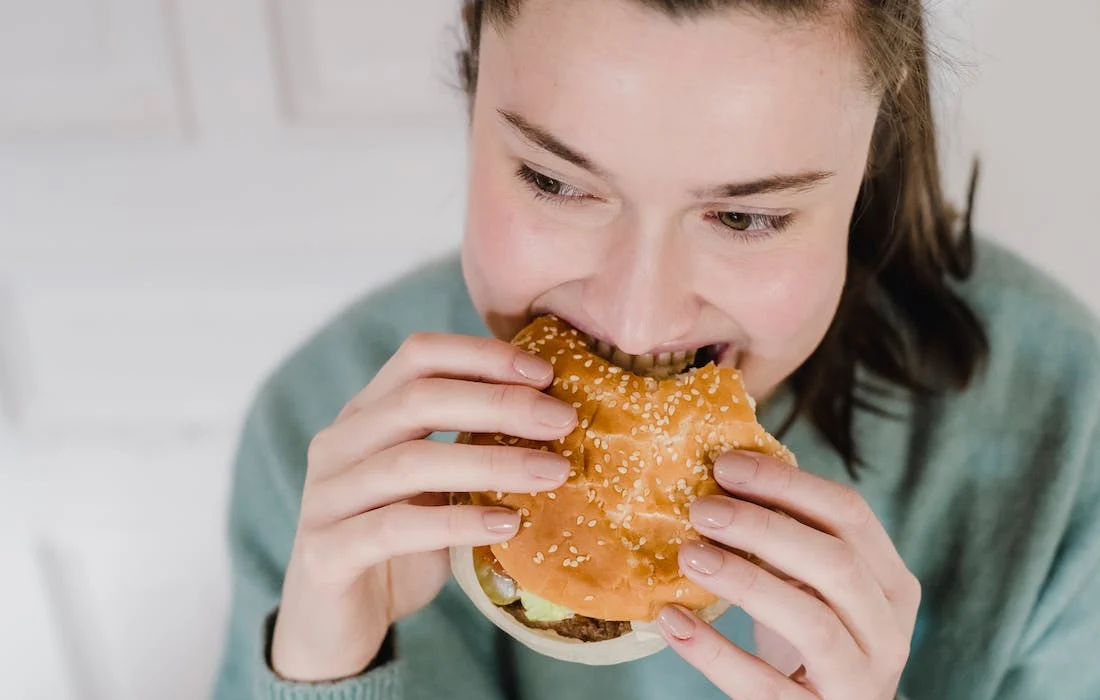Nutrition and Supplements
How Chronic Stress Drives the Brain to Crave Comfort Food
According to Sydney scientists, stress combined with calorie-dense ‘comfort’ food creates changes in the brain that drive more eating, boost cravings for sweet, highly palatable food and lead to excess weight gain.
A team from the Garvan Institute of Medical Research found that stress overrodes the brain’s natural response to satiety, leading to non-stop reward signals that promote eating more highly palatable food. This occurred in a part of the brain called the lateral habenula, which when activated usually dampens these reward signals.
“We showed that chronic stress, combined with a high-calorie diet, can drive more and more food intake as well as a preference for sweet, highly palatable food, thereby promoting weight gain and obesity. This research highlights how crucial a healthy diet is during times of stress.”
The research was published in the journal Neuron.
To understand what drives these eating habits, the team investigated in mouse models how different areas in the brain responded to chronic stress under various diets.
“We found that stressed mice on a high-fat diet gained twice as much weight as mice on the same diet that were not stressed.”
The researchers discovered that at the centre of the weight gain was the molecule NPY, which the brain produces naturally in response to stress. When the researchers blocked NPY from activating brain cells in the lateral habenula in stressed mice on a high-fat diet, the mice consumed less comfort food, resulting in less weight gain.
The researchers next performed a ‘sucralose preference test’ — allowing mice to choose to drink either water or water that had been artificially sweetened.
“Stressed mice on a high-fat diet consumed three times more sucralose than mice that were on a high-fat diet alone, suggesting that stress not only activates more reward when eating but specifically drives a craving for sweet, palatable food,” says Professor Herzog.
“Crucially, we did not see this preference for sweetened water in stressed mice that were on a regular diet.”
The researchers say their findings identify stress as a critical regulator of eating habits that can override the brain’s natural ability to balance energy needs.
Sources:
Chi Kin Ip, Jemma Rezitis, Yue Qi, Nikita Bajaj, Julia Koller, Aitak Farzi, Yan-Chuan Shi, Ramon Tasan, Lei Zhang, Herbert Herzog. Critical role of lateral habenula circuits in the control of stress-induced palatable food consumption. Neuron, 2023; DOI: 10.1016/j.neuron.2023.05.010
Garvan Institute of Medical Research. (2023, June 8). How chronic stress drives the brain to crave comfort food. ScienceDaily. Retrieved June 12, 2023 from www.sciencedaily.com/releases/2023/06/230608120905.htm
Photo by Tim Samuel from Pexels: https://www.pexels.com/photo/happy-woman-eating-tasty-hamburger-with-cutlet-6697366/

